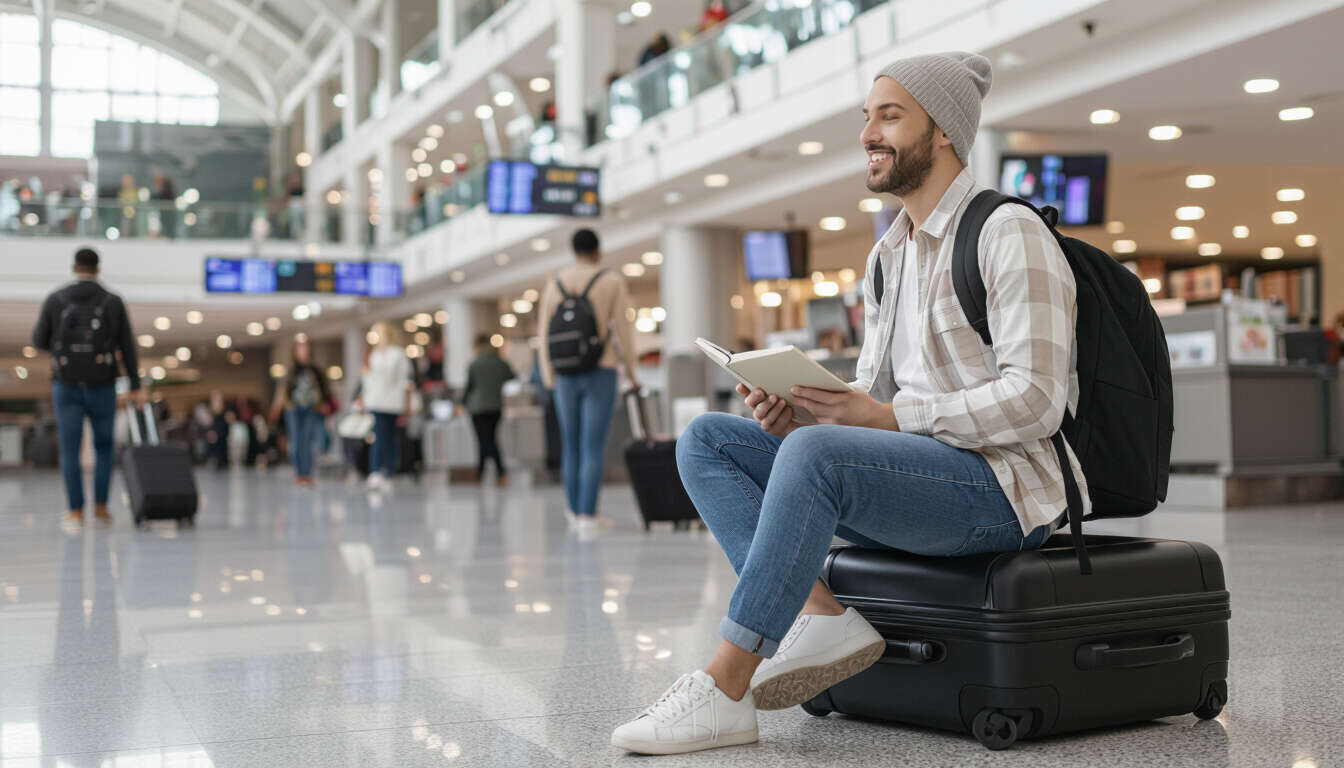Travel Tips for Managing ADHD
 by Marlene Keeling
by Marlene Keeling
Discover practical strategies to make travel smoother for those with ADHD. Learn how simple routines and tools can reduce stress and boost confidence during trips, empowering you to enjoy adventures without overwhelm.

Many people with ADHD find travel challenging due to distractions and the need for quick decisions. It can feel overwhelming, but with the right approaches, you can handle trips more easily. These strategies aim to support your daily life and help maintain focus during journeys.
Preparing for Your Trip
One key step is to start early. By setting aside time to plan, you create a sense of control. For instance, make a list of essentials like packing items and documents. This helps in reducing last-minute rushes that might increase anxiety.
Another useful technique is to break down the travel process into smaller tasks. Divide your preparation into steps, such as researching destinations first and then booking tickets. ADHD often makes big tasks feel hard, so this method keeps things manageable.
Using visual aids can also be beneficial. Apps that organize itineraries with reminders provide structure without needing constant mental effort. Think about how a simple checklist on your phone can guide you through packing and airport procedures.
During the Journey
Once you're on the go, maintaining routines is important. Carry familiar items, like a favorite snack or music, to create comfort in new environments. This can help steady your energy levels and prevent impulsiveness.
Breaks are essential too. Schedule short pauses during long trips, such as walks in airports or rest stops on roads. routines like these allow time to recharge and avoid fatigue.
If delays occur, having backup plans is helpful. Keep a flexible schedule that includes buffer time for unexpected changes. Tools like timers on your device can signal when to move to the next activity, supporting better pacing.
After Arrival
Settling in at your destination involves continuing these habits. Unpack methodically to avoid losing items, and set up a temporary routine for meals and sleep. This consistency aids in adapting quickly and enjoying your stay.
Engage with supportive resources if needed, such as talking to companions about your needs. Remember, everyone has unique ways of coping, and it's okay to adjust strategies as you go.
In summary, these tips offer ways to handle travel while respecting your experiences with ADHD. By incorporating them, you build skills that enhance everyday productivity and lead to more positive outings.
